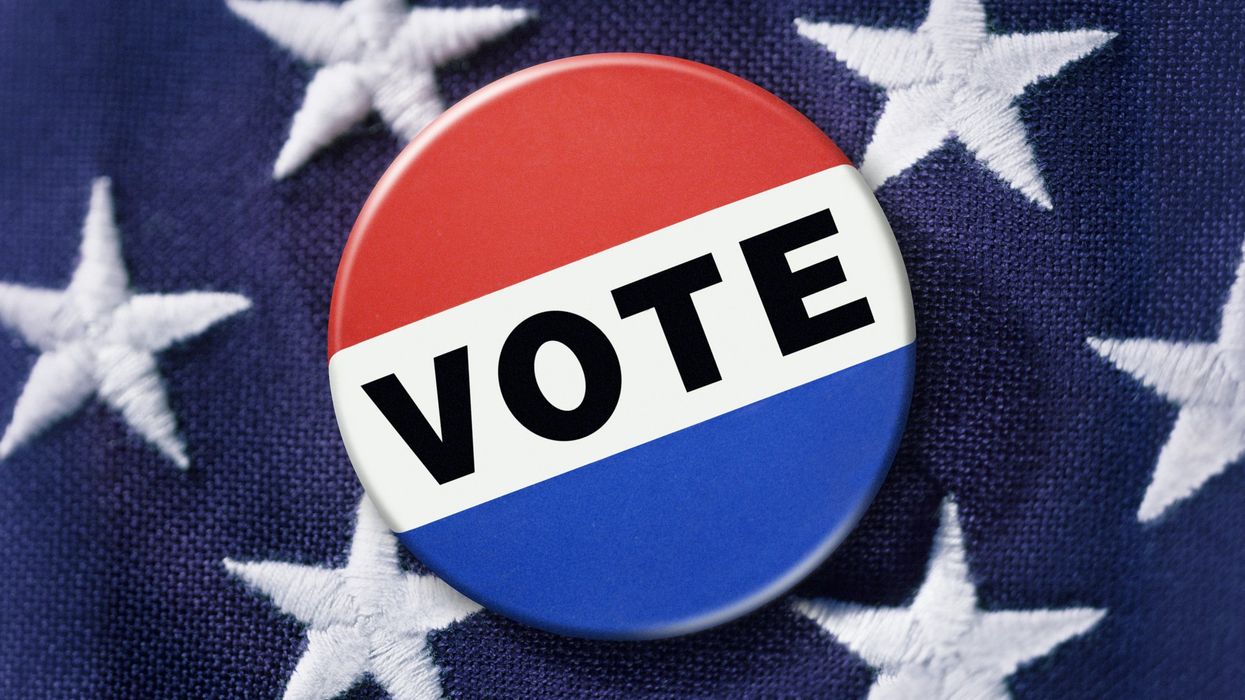New research from the Unite America Institute confirms a stark reality: Most ballots cast in American elections don’t matter in deciding the outcome. In 2024, just 14% of eligible voters cast a meaningful vote that actually influenced the outcome of a U.S. House race. For state house races, on average across all 50 states, just 13% cast meaningful votes.
“Too many Americans have no real say in their democracy,” said Unite America Executive Director Nick Troiano. “Every voter deserves a ballot that not only counts, but that truly matters. We should demand better than ‘elections in name only.’”
Unite America’s new meaningful vote metric combines election turnout and competition data to reveal not just how many votes were cast but how many votes actually mattered in determining election outcomes. For example, earlier this month, there was a special election in Florida’s First Congressional District (FL-01) to replace former Rep. Matt Gaetz. Because FL-01 is a “safe” Republican district, none of the more-than-170,000 votes cast in the special general election were meaningful. The only meaningful votes were the 51,297 cast in the January primary—which is just 8% of all eligible voters in FL-01.
As the FL-01 example illustrates, the main driver of the lack of meaningful votes is a lack of competition. Nearly 90% of U.S. House and state house races were uncompetitive in 2024, meaning one party’s primary—where turnout is dismally low—is the only election that mattered. It gets worse: In 64% of state house races, zero meaningful votes were cast because both the primary and general elections lacked competition.
When elections are essentially predetermined, lawmakers are incentivized to serve a narrow, unrepresentative faction of voters rather than the broader public. This helps explain why voters feel unheard —and why politicians fear being “primaried” more than losing a general election.
While the meaningful vote findings present a grim picture of the state of American democracy today, it also presents a potential solution. States that have adopted open, all-candidate primaries see more than double the share of meaningful votes compared to those with traditional party primaries. After Alaska implemented its all-candidate primary in 2022, its share of meaningful votes surged by nearly 60%. Post-election, lawmakers formed a cross-partisan governing majority —making progress on issues like education and the budget.
Opening primaries to independent voters also increases the potential for meaningful votes. Last week, New Mexico Gov. Michelle Lujan Grisham signed a law abolishing its closed primary system, giving more than 300,000 independent voters the right to vote in often-determinative primary elections. While the overall trend is toward states opening their primaries, 16 states still have fully closed primaries that bar 16.6 million independent voters from participating.
Ross Sherman is the Press Director for Unite America.




















Trump & Hegseth gave Mark Kelly a huge 2028 gift